
Sunsets, Saffron and Serenity Kashmir Tour India
Pampore Saffron Fields Kashmir
Mother Masala Tours
Legendary Saffron
Pampore Saffron Fields Kashmir. Situated in the Anantnag, acclaimed as the "Saffron Capital of India." The name "Pampore" is believed to derive from the local term meaning "place of saffron." Home to approximately 20,000 people, this town has played a vital role in saffron cultivation for over 2,000 years, contributing notably to both local culture and economy. Historical records indicate that saffron farming began around the 2nd century, particularly influenced by Persian rulers and later reinforced by Buddhist monks who recognized the spice's potential.
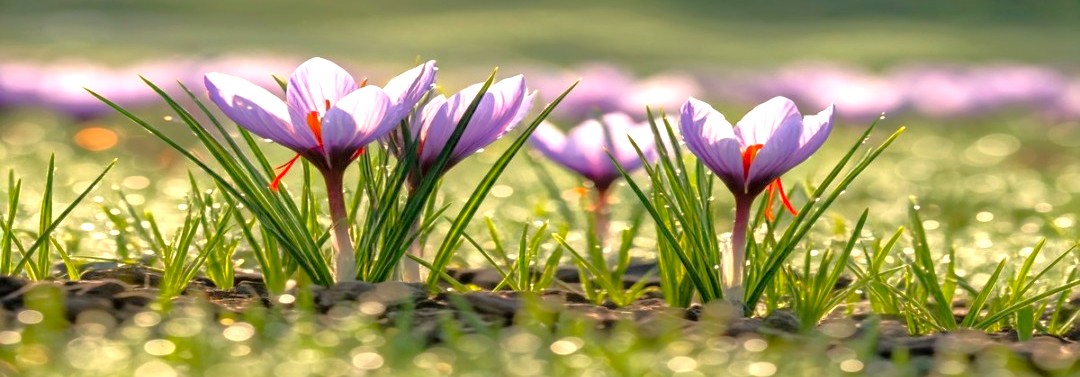
Pampore Saffron Fields Kashmir: Sacred Spaces
Rich with artifacts and sacred sites that reflect its cultural heritage. One site is the Shankaracharya Temple, dating back to the 9th century, which holds importance in both Hindu and local histories. The fields feature intricate farming methods still practiced today, passed down through generations. Artifacts like handcrafted clay pots and traditional farming tools showcase the artistry of local craftsmen, representing the interconnectedness of culture and agriculture.
Ancient Mosaics: Impeccable Craftsmanship
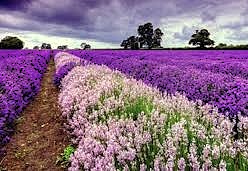
The art of saffron production is coupled with exquisite craftsmanship. Skilled artisans produce delicate handmade saffron baskets woven from local materials. Historical records detail that these traditions were likely influenced by techniques brought by Mughal Emperors during their reign in the 16th century, and local craftsmen continue to refine these practices. An example is seen in the intricate designs of traditional Kashmiri carpets, which often feature motifs inspired by the surrounding landscape. Each piece reflects influences, integrating colors with intricate patterns.
Serendipitous Meeting: Beyond the Main Path
Exploring Pampore provides opportunities to discover hidden gems beyond the main attractions. Strolling through narrow lanes, you might encounter artisans crafting traditional products, such as colorful Pashmina shawls and intricately designed saffron baskets. Additionally, small local markets come alive with activity, where vendors sell spices and handicrafts, offering a glimpse into daily life.
The Pulse of the Local Community
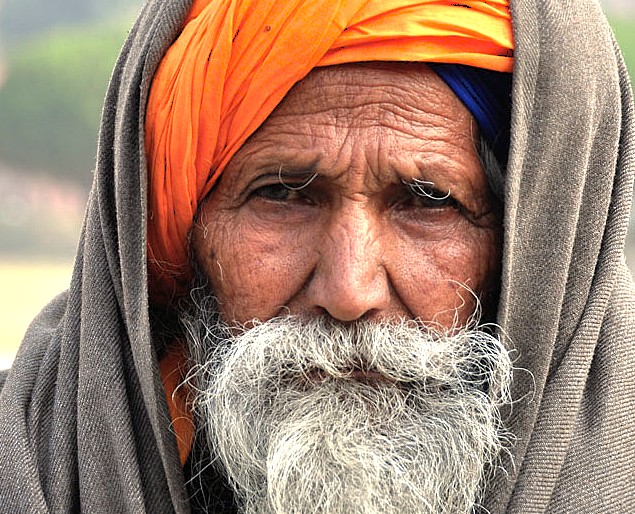
During the brief, intense harvest season in late autumn, the day begins before dawn. Entire families - men, women, and children, move into the Saffron fields while the air is still cold and damp. They work quickly, hand-picking the delicate purple crocus flowers, which must be harvested before they wilt in the sunlight. Thousands of flowers are collected in wicker baskets. Later in the day, the families gather indoors to begin the meticulous second stage: separating the three tiny saffron threads from each flower. This is incredibly labor-intensive work, requiring patience and skill. This daily cycle is a race against time, a community-wide effort to secure the "red gold" that defines their livelihood.
A Culinary Journey: Savor the Flavour
Pampore Saffron Fields Kashmir. Culinary traditions in Pampore are intertwined with saffron, prominently featuring it in various dishes. One local specialty is Kashmiri biryani, a fragrant rice dish made with aromatic spices and saffron-infused meat, often garnished with dried fruits and nuts. To prepare it, tender meat is marinated with yogurt and saffron, then layered with rice, cooking slowly for a mouthwatering experience. Saffron enhances not just the flavor but also the visual appeal of dishes, making them truly exquisite.
Capturing the Magic: A Photographic Haven
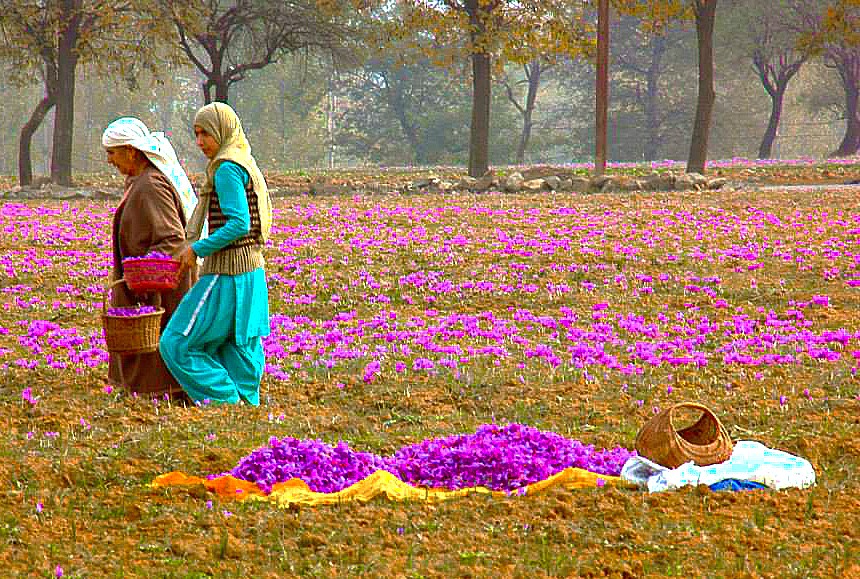
A stunning canvas for photography, where early morning light dances across a sea of purple blooms. The striking contrasts between the fields and the surrounding landscape create a captivating atmosphere, ideal for capturing the essence of this extraordinary locale. Time spent here allow you to appreciate nature's beauty in its purest form. We find endless opportunities to photograph delicate saffron flowers, harvesters, and peaceful landscapes. Each shot becomes a cherished memento of a timeless journey, reflecting the rich cultural heritage of the region.
Festivals of Devotion: Honouring the Sacred and the Divine
Pampore hosts several festivals that celebrate the agricultural calendar and special occasions tied to saffron cultivation. Harud, or the autumn festival, occurs around late October, marking the saffron harvest. During this period, the local community partakes in celebratory gatherings with traditional music, dance, and food. Other significant events include Navratri, a nine-night festival dedicated to the Goddess Durga, where locals participate in various rituals and practices that pay homage to agrarian blessings and prosperity.
The Connection with the Gods
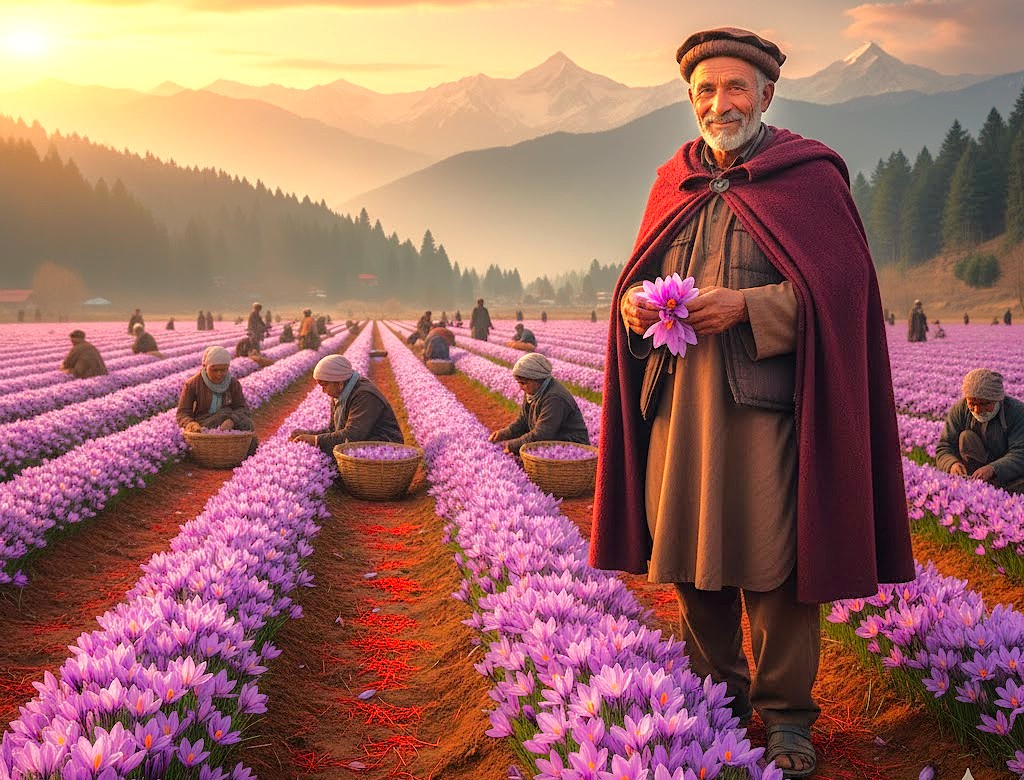
Steeped in mythology, associated with various deities that local residents deeply revere. One legend speaks of Maharaja Pratap Singh, who is often credited with improving the saffron cultivation methods introduced by Persian farmers. Another tale involves the local deity, Sufi Shah Hamdan, who blessed the fields, ensuring abundant harvests over centuries. Such stories are passed down orally, reinforcing cultural connections and instilling a sense of reverence for the land that sustains them. These divine connections enrich the cultural fabric and spiritual identity of the community.
Resilience and Renewal: Overcoming Adversities
Pampore Saffron Fields Kashmir. The history is marked by challenges, including foreign invasions and natural disasters. One notable event was the severe flood in 2014, which devastated many saffron fields and threatened the local economy. In the aftermath, the community rallied together, employing innovative farming techniques and restoring traditional practices to revive the fields. Their efforts not only healed the land but also strengthened communal bonds, revealing the determination and resilience of the local population. Through hardships, they have retained their agricultural heritage, ensuring the continued cultivation of their prized saffron.
Urban Legends: Strange Sightings, Myths and Mysteries

Tales abound in the fields about mystical encounters and unexplained phenomena. One popular local legend involves the "Mothers of the Fields," who are believed to be the spirits of ancient women who watch over the precious saffron crops. These guardian spirits are said to nurture the delicate crocus flowers, ensuring a bountiful harvest. Local farmers, whose families have worked this land for generations, report seeing unusual lights hovering over the purple blooms and hearing soft whispers in the fields during the quiet harvest nights.
Prepare for Takeoff - Your Adventure is Right Here
Join us in experiencing the exceptional cultural richness and natural beauty of Pampore Saffron Fields. As we walk through the saffron fields, breathe in the intoxicating aroma of fresh saffron and take in the breathtaking scenery. We will engage with the local community, experiencing their traditions, cuisine, and legendary tales.
Symphony of Generosity: Offerings from Wanderers to Residents
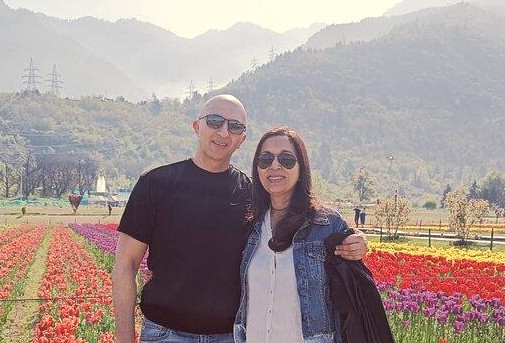
The relationship between locals and guests is enriching and reciprocal. When you choose to support local enterprises, whether through purchasing saffron directly from farmers or enjoying meals at family-run eateries, you contribute to the community’s sustained livelihood. In return, locals share their rich heritage, stories, and traditions, creating an engaging environment that honors both host and guest. This dynamic exchange fosters a spirit of generosity, ensuring that the local economy thrives while preserving the cultural narrative of the region.
Purchasing Locations
Pampore Saffron Fields Kashmir. You can purchase saffron from the field, which is renowned as the "Saffron Capital of India." The region is famous for producing high-quality saffron, and various local shops and markets specialize in selling this prized spice. You can find saffron in different forms, including strands, powders, and packaged products.
Local Markets: Many small shops in Pampore offer saffron directly sourced from local farms. These markets provide a chance to purchase saffron at competitive prices and often feature fresh saffron harvests during the peak season.
Saffron Farms: Some farms in the area welcome visitors for direct purchases. This allows you to see the saffron cultivation process and buy saffron straight from the source.
Online Options: Many sellers from Pampore also offer saffron through online platforms, providing a convenient way to purchase this spice from anywhere in the world.
Quality Assurance: When buying saffron, it's essential to ensure that you are purchasing from reputable sources to guarantee its authenticity and quality. The saffron from Pampore is known for its deep red color, rich aroma, and superior flavor, making it a sought-after product both domestically and internationally.
Step Inside The Story - View All Tour Itineraries & Details
We’re here to offer genuine, thoughtful guidance for your travels. As a small, dedicated team, we pay close attention to every detail so you can focus on enjoying the experience while we take care of the planning. We believe the best trips begin when someone truly listens to what you want and how you like to travel, so the journey feels right for you and contributes to a happy, positive group on tour. Our communication stays clear, straightforward, and respectful at every step, with the goal of helping you feel understood, supported, and confident from first contact to the end of your journey. Click here:- Discover Life Travel - India Tour Specialists